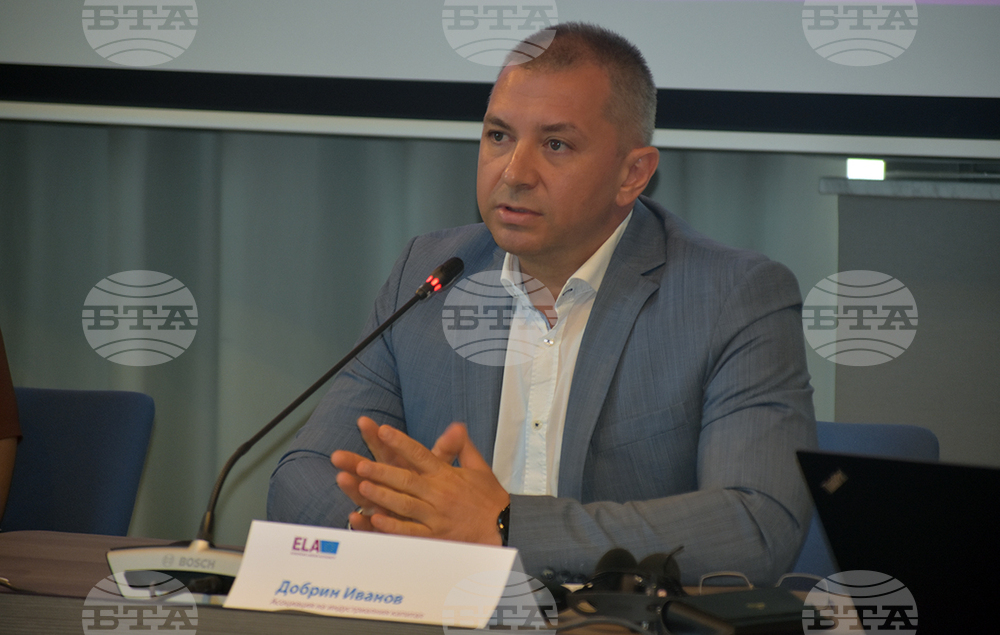site.btaBulgaria Loses BGN 3 Bln Annually Due to Undeclared Employment


Bulgaria's loses nearly BGN 3 billion per year due to unpaid taxes and insurance due to undeclared employment, said Tuesday Bulgarian Industrial Capital Association (BICA) Executive Director Dobrin Ivanov, quoted in a BICA press release. Ivanov participated in an information session of the European Labour Authority on the topic "Employers' Awareness - a way to prevent undeclared work".
The event, organized by the General Labour Inspectorate Executive Agency at the initiative of the European Labour Authority, was opened by Deputy Minister of Labour and Social Policy Natalia Efremova. Representatives of the Ministry of Labour and Social Policy the General Labour Inspectorate, social partners and other interested parties took part in the discussion.
According to the assessments of employers and employed persons from the latest BICA survey for the calculation of the composite index Economy of Light and the sub-index Employment of Light, the typical manifestations of undeclared employment are work without an employment contract, work under a contract with fictitious clauses, as well and disguised employment contracts. Such practices are most often found in the sectors of agriculture, tourism and construction.
"For more than 20 years, the main priority for BICA has been the reduction of the gray economy and undeclared employment. We have developed various tools and practices to reduce their levels and their negative impact on the pursuit of sustainable economic development in Bulgaria. The biggest problem for Bulgarian companies is the unfair competition and competitive advantages secured by dishonest employers. For workers, the main problem when participating in undeclared employment is the violation of their social and labour rights," added the BICA Executive Director.
He explained that the data from the Association's studies show that there is a permanent tendency to lighten the economy, and for the last 13 years it has reached from 63.35 points out of 100 to 78.58 points out of 100 in 2022.
Dobrin Ivanov added that the share of the gray economy in Bulgaria is still high compared to the northern countries of the EU, but it is approaching the average levels of the gray economy in the southern EU countries.
For BICA, many reforms are still needed in the medium and long term to improve the Bulgarian economy. The judicial system, the pension system, health care, internal security and defence, public administration, and the effectiveness and efficiency of public spending are in urgent need of reform. It is necessary to reduce administrative burdens for businesses and simplify the calculation and payment of taxes.
/VE/
news.modal.header
news.modal.text